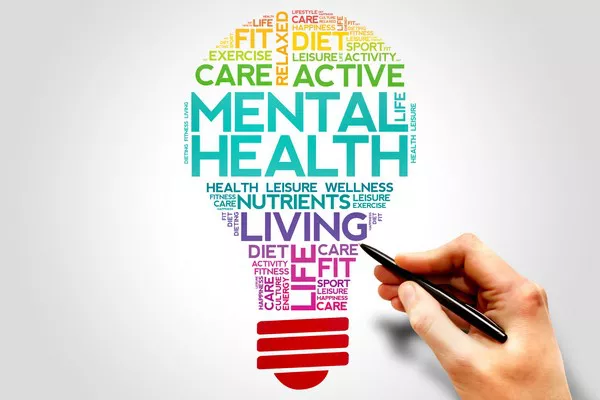FAQs
How do I calm my anxiety in the moment?
One effective method is deep breathing. Take slow, deep breaths, focusing on inhaling and exhaling. This can help regulate your body’s stress response and bring a sense of calmness. Additionally, try grounding techniques like focusing on your senses or repeating a calming mantra to distract your mind from anxious thoughts.
What is the 3 3 3 rule for anxiety?
The 3 3 3 rule is a simple grounding exercise to manage anxiety. Look around and name three things you see, then three things you hear, and finally, move three parts of your body. This technique helps shift your focus away from anxious thoughts and brings awareness to your surroundings, promoting relaxation.
What helps high anxiety?
Various strategies can assist with high anxiety levels. Regular exercise, maintaining a healthy diet, and getting enough sleep can improve overall well-being and reduce anxiety symptoms. Additionally, practicing mindfulness techniques, seeking support from loved ones or a therapist, and considering medication under medical guidance are valuable approaches for managing high anxiety.
Related topics:
- Understanding the Link Between Lack of Motivation & Depression
- The Link Between Depression & Hygiene: Understanding the Signs
- Bipolar Disorder: Finding Balance Beyond Medication


